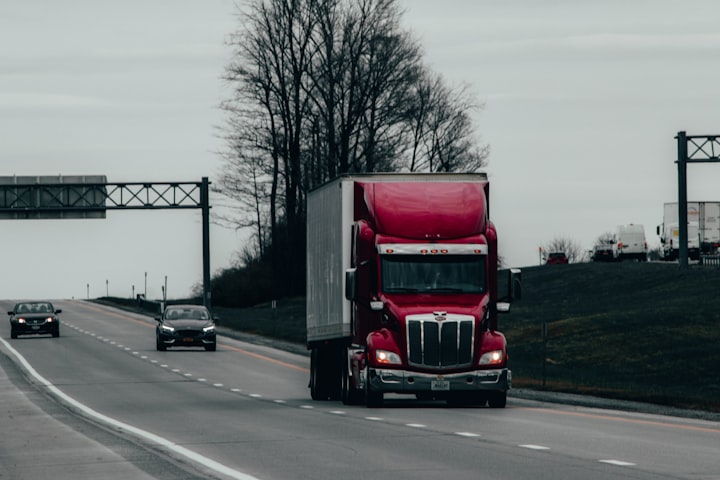Things car drivers should know about HGV drivers
We all share the roads but a HGV is much bigger and heavier than a car, here's what car drivers should know about HGV drivers

HGV drivers have to undergo specialist training before they are allowed out on the roads. This includes training on how to deal with drivers.
They appreciate it if drivers take the time to learn about how to share the roads with them. With that in mind, FleetEx, industry leaders in ex fleet commercial vehicles, share five things car drivers should know about HGV drivers.
They have to drive slowly
A lot of modern HGVs are fitted with Intelligent Speed Assist systems. These are more commonly known as speed limiters. HGV drivers also have to obey the law. In addition to respecting the speed limit, they have to think about broader safety implications. These may require them to go under the speed limit.
Even if it is technically safe for HGVs to travel at faster speeds, it’s highly unlikely to be practical for them to do so. Logistics companies generally try to run HGVs fully-loaded at all times. A fully-laden HGV is not likely to be able to reach high speeds.
If an HGV is empty (or less full) a driver may theoretically be able to go faster. If, however, the weather is poor it may still not be safe for them to do so. For example, if winds are high, they will need to be careful not to overbalance.
They take braking distances very seriously
Physics shows that larger, heavier objects take longer to slow down than smaller, lighter ones. Translating that to driving, HGV drivers need much longer braking distances than car drivers.
HGV drivers absolutely hate it when car drivers “sprint” past them, get just in front of them and then slam on the brakes. It’s only slightly better if the car has the courtesy to get just far enough ahead that they can decelerate instead of braking.
For everyone’s safety, think before you overtake an HGV. Make sure that there is enough clear space in front of the HGV for the driver to brake safely in an emergency.
Remember, if you pull in too close, the best you can hope for is that the driver can slow down safely a bit at a time. If, however, someone else is tailgating them, they may not be able to do that.
It helps to let them know where you’re going
Car drivers get irritated when people forget to indicate. HGV drivers find it even more frustrating. HGVs are built for carrying heavy loads, not for manoeuvrability. If you take an action without giving an HGV driver suitable notice (e.g. indicating) then you are seriously compromising your safety.
They tend to use cameras a lot
Over recent years, there has been a huge push to ensure that HGV drivers have total visibility of everything around their vehicles. This increasingly includes the direct rear of their vehicle courtesy of rear-view cameras.
This improved visibility has two implications. Firstly, it helps HGV drivers to avoid accidents. Secondly, it helps HGV drivers protect themselves from being blamed for accidents that were actually caused by somebody else.
That means if you drive irresponsibly around an HGV, you can expect there to be a record of the fact. There might not be any repercussions if everyone parts ways safely and amicably. If, however, there’s an accident, then you can expect to be held to account for your actions. In particular, if you’re tailgating, you can expect to get into serious trouble with the law.
They hate people parking in loading bays
Loading bays and parking spaces are different. There are times when a particular space does double-duty. Typically it will be used for loading in the early morning and evening and for parking in the daytime. Whatever the rules are, respect them. If you use a loading bay for parking, your actions can have a knock-on effect on a lot of people, possibly including you.
About the Creator
Andrea Easton
Andrea Easton is the Head of Finance and Operations at Fleet Ex who specialise in quality ex-fleet/end of lease trucks and trailers and are global leaders in the trucking industry.






Comments
There are no comments for this story
Be the first to respond and start the conversation.